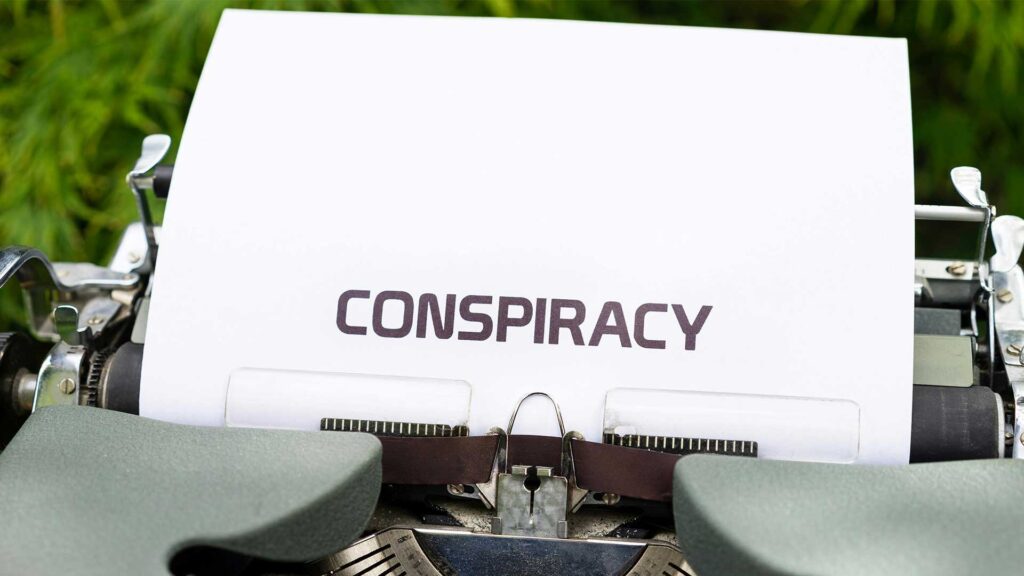
Bigfoot. UFOs and aliens. The government controlling our minds and bodies, and even hiding information about when a massive volcano under Yellowstone might wipe out the U.S. Conspiracy theories like these and others abound, especially in the last few years as political unrest shook the country, but some researchers are looking into just who is more likely to believe these theories. Turns out, people struggling with insomnia are more likely to experience emotions of feeling out of control, leading to an increased chance of buying into conspiracies.
The study, published recently in Social Science and Medicine (1), concludes that insomnia is associated with conspiracy mentality, psychological distress, and psychological well-being. Researchers out of Hong Kong discuss how conspiracy theories and beliefs are well researched, but the reasons for believing in them? Not so much. So, they set out to determine if your perceived control over your life and the world is associated with insomnia, and if that lack of sleep increases your chances of believing conspiracy theories. “From climate change being a hoax to elections being rigged,” researchers said it’s a must to investigate the impacts that a tendency to believe these theories might have.
Also, other research from the National Library of Medicine (2) shows that though it might seem like there are more conspiracy theory believers around than ever before, that might not really be the case. Across four studies, including tens of thousands of observations from seven nations, only 13 of 52 conspiracy theories have significantly increased over time, researchers conclude.
They concluded that it’s possible, but not a necessary direct correlation, to link insomnia with conspiracy theories. Dr. Frank Anderson, psychiatrist, trauma specialist, and author of the upcoming memoir “To Be Loved, works with clients who struggle with insomnia which is a co-morbidity associated with depression, anxiety, bipolar disorder, and post-traumatic stress disorder. He further explains the study’s implications.
“Conspiracy mentality might be associated with insomnia,” he says, after reviewing the study, adding that the researchers make some associations to prove their theory. “ It does make sense that conspiracy mentality is related to poorer physical, psychological, and social well-being as well as a lower quality of life. It is also well known that lower physical, psychological, and social well-being and a lower quality of life are associated with insomnia, among other symptoms. However, that does not necessarily mean that there is a direct correlation with the conspiracy mentality and insomnia.” He adds that conspiracy theory is associated with lower perceived control, which can lead to psychological distress and hyperarousal. People who suffer from psychological distress struggle with insomnia, too.
Here’s why: people with insomnia sometimes feel out of control of their sleep, and experience anxiety, worry, distress, and a variety of other symptoms, Anderson explains. In turn, people who worry a lot, are often depressed or anxious, and struggle with falling or staying asleep, causing a bit of a vicious cycle.
“I feel that believing in conspiracy theories can further lead to feeling out of control. The more one worries about something, the more out of control one typically feels, especially when we don’t have a direct effect to the outcome, and have little or no ability to change it,” he says. “ When someone’s mindset is consistent with a conspiracy mentality or they suffer from sleep disturbance that interferes with their general daily functioning, it is a good idea to seek professional help to diagnose and treat the underlying condition.”
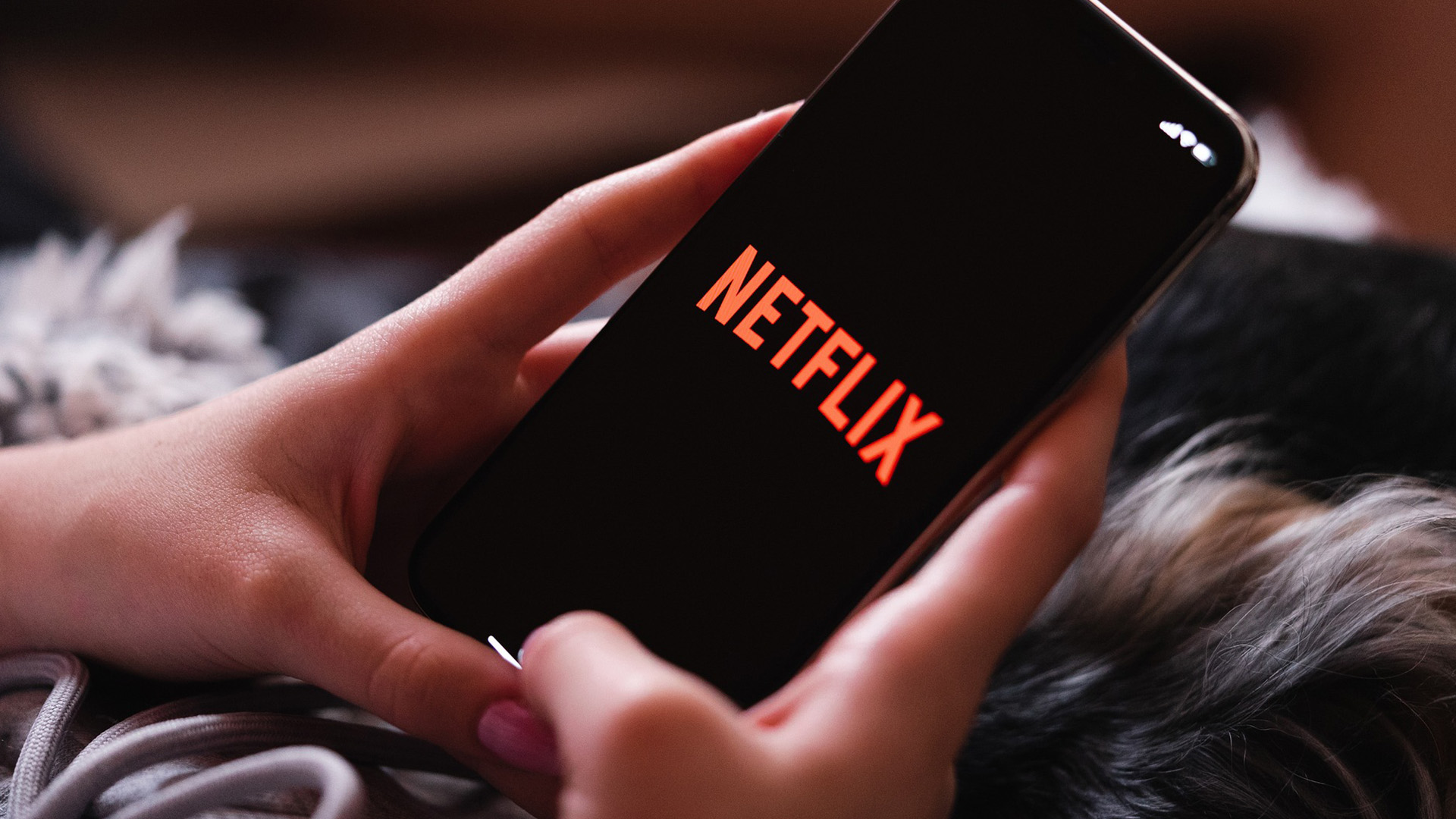
‘Love is Blind’ Contestants Claim the Show Led to Sleep Deprivation
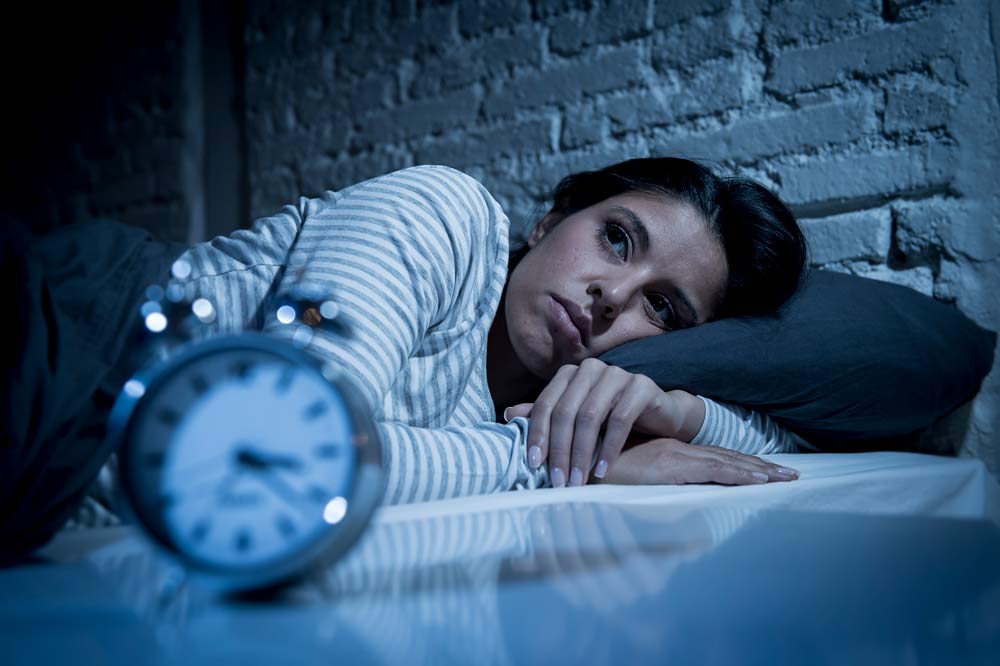
Types of Insomnia — Causes and Treatments
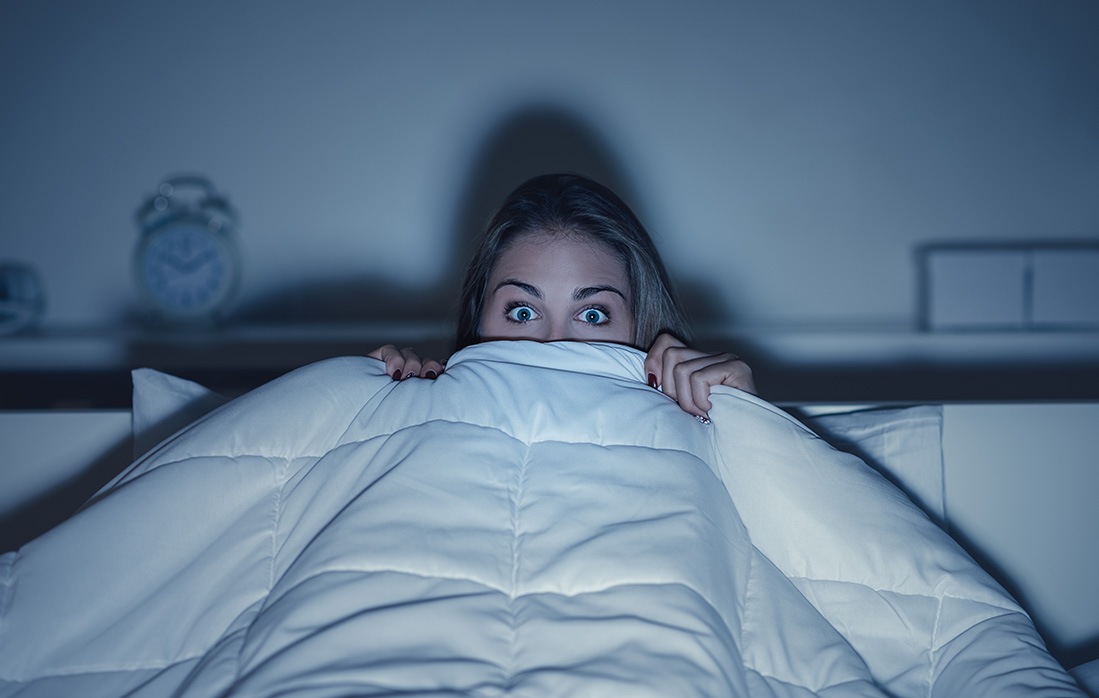
Don’t Sleep in There! The Scariest Beds and Bedrooms in Horror Films
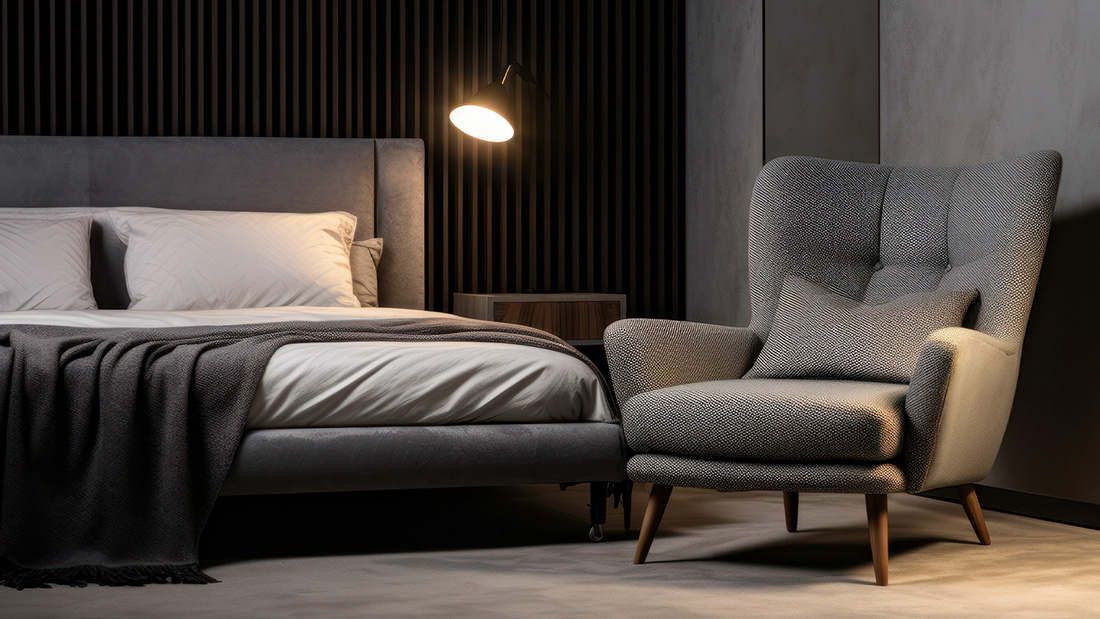
Have You Heard the Halloween Myth About Never Sleeping With an Empty Chair In Your Bedroom…?
Sources
1. Kai-Tak Poon, Rheal S.W. Chan, Jieshuang Liang, Liman Man Wai Li,
Insomnia is associated with conspiracy mentality, psychological distress, and psychological well-being, Social Science & Medicine, Volume 339, 2024, 116384, ISSN 0277-9536, https://doi.org/10.1016/j.socscimed.2023.116384.2. Uscinski J, Enders A, Klofstad C, Seelig M, Drochon H, Premaratne K, Murthi M. Have beliefs in conspiracy theories increased over time? PLoS One. 2022 Jul 20;17(7):e0270429. doi: 10.1371/journal.pone.0270429. PMID: 35857743; PMCID: PMC9299316.
Anderson, Dr. Frank. Author interview. November 2024.



























